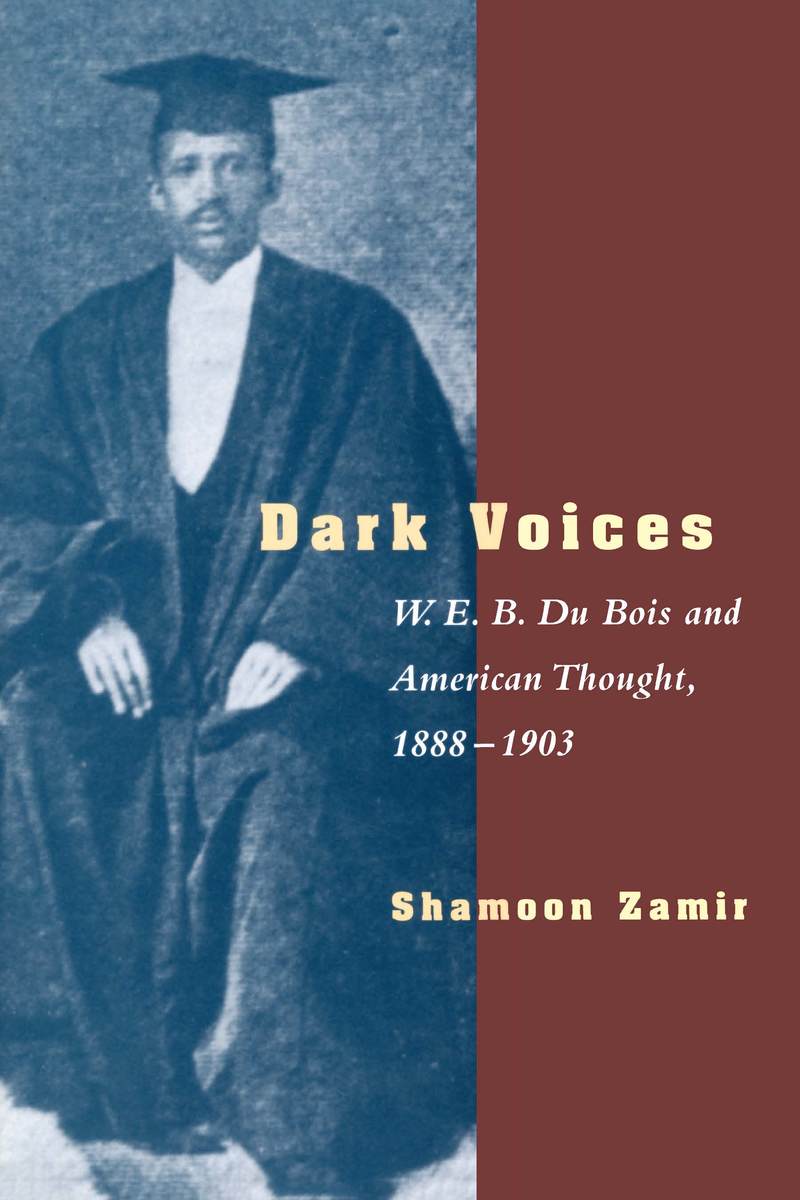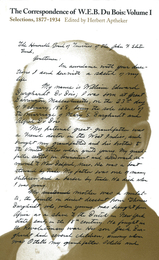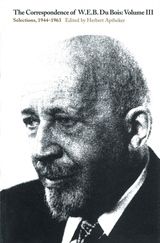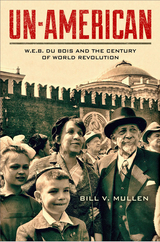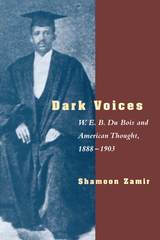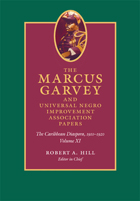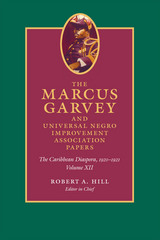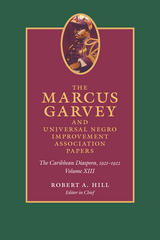Dark Voices: W. E. B. Du Bois and American Thought, 1888-1903
University of Chicago Press, 1995
Cloth: 978-0-226-97852-9 | Paper: 978-0-226-97853-6
Library of Congress Classification E185.97.D73Z36 1995
Dewey Decimal Classification 305.8960730092
Cloth: 978-0-226-97852-9 | Paper: 978-0-226-97853-6
Library of Congress Classification E185.97.D73Z36 1995
Dewey Decimal Classification 305.8960730092
ABOUT THIS BOOK | TOC | REQUEST ACCESSIBLE FILE
ABOUT THIS BOOK
Dark Voices is the first sustained examination of the intellectual formation of W. E. B. Du Bois, tracing the scholar and civil rights leader's thought from his undergraduate days in the 1880s to the 1903 publication of his masterpiece, The Souls of Black Folk, and offering a new reading of his work from this period.
Bringing to light materials from the Du Bois archives that have not been discussed before, Shamoon Zamir explores Du Bois's deep engagement with American and European philosophy and social science. He examines the impact on Du Bois of his studies at Harvard with William James and George Santayana, and shows how the experience of post-Reconstruction racism moved Du Bois from metaphysical speculation to the more instrumentalist knowledge of history and the new discipline of sociology, as well as toward the very different kind of understanding embodied in the literary imagination. Providing a new and detailed reading of The Souls of Black Folk in comparison with Hegel's Phenomenology of Mind, Zamir challenges accounts that place Du Bois alongside Emerson and James, or characterize him as a Hegelian idealist. This reading also explores Du Bois's relationship to African American folk culture, and shows how Du Bois was able to dramatize the collapse of many of his hopes for racial justice and liberation.
The first book to place The Souls of Black Folk in its intellectual context, Dark Voices is a case study of African American literary development in relation to the broader currents of European and American thought.
Bringing to light materials from the Du Bois archives that have not been discussed before, Shamoon Zamir explores Du Bois's deep engagement with American and European philosophy and social science. He examines the impact on Du Bois of his studies at Harvard with William James and George Santayana, and shows how the experience of post-Reconstruction racism moved Du Bois from metaphysical speculation to the more instrumentalist knowledge of history and the new discipline of sociology, as well as toward the very different kind of understanding embodied in the literary imagination. Providing a new and detailed reading of The Souls of Black Folk in comparison with Hegel's Phenomenology of Mind, Zamir challenges accounts that place Du Bois alongside Emerson and James, or characterize him as a Hegelian idealist. This reading also explores Du Bois's relationship to African American folk culture, and shows how Du Bois was able to dramatize the collapse of many of his hopes for racial justice and liberation.
The first book to place The Souls of Black Folk in its intellectual context, Dark Voices is a case study of African American literary development in relation to the broader currents of European and American thought.
See other books on: (William Edward Burghardt) | 1868-1963 | Cultural & Regional | Du Bois, W. E. B. (William Edward Burghardt) | W . E B Du Bois
See other titles from University of Chicago Press
